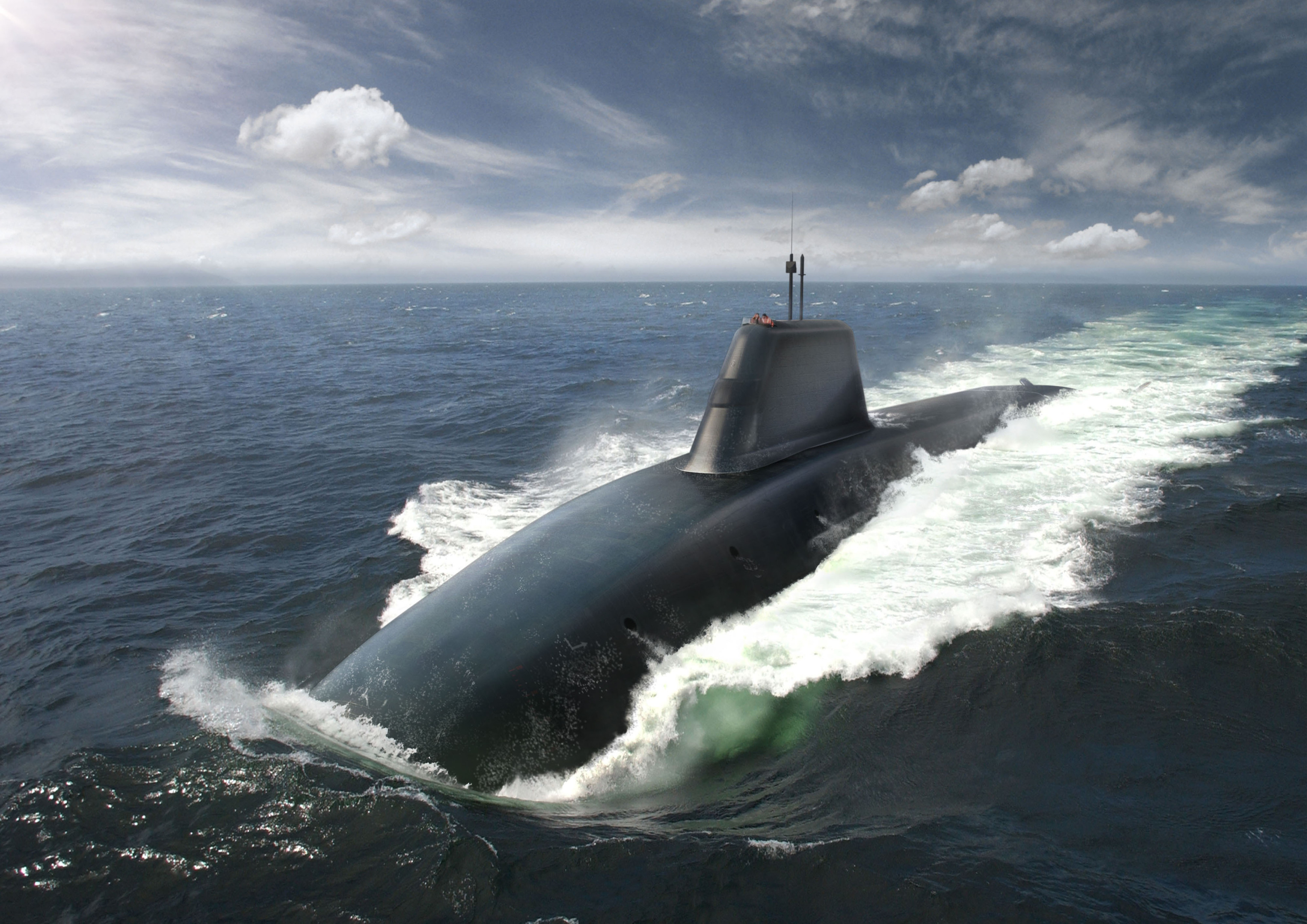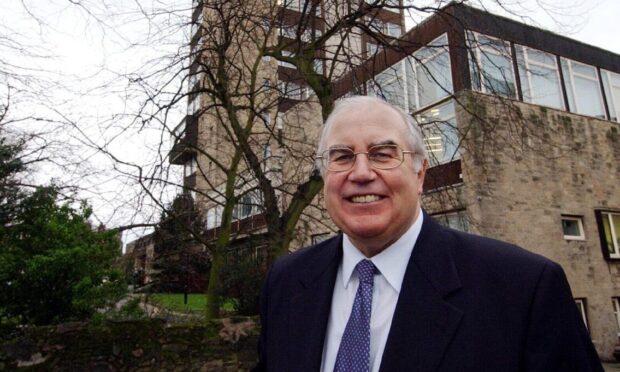Scots could hold a veto over Trident renewal after a Conservative minister revealed the UK Government does not have a back-up plan if Scotland becomes independent.
Philip Dunne, the defence minister for procurement, made clear they do not have an alternative base for the nuclear system should Scotland break away from the UK.
It came as a shipbuilding union accused the SNP of playing “fast and loose” with jobs in Fife and on the Clyde, as well as the economy, with its opposition to renewal.
New Prime Minister Theresa May has called a snap Commons vote on replacing the Faslane-based nuclear deterrent, which is to take place on Monday.
The SNP, who are long standing opponents of the system, have confirmed they will oppose it.
Mr Dunne told journalists at Westminster that defence decisions are reserved to the UK Government and insisted ministers do not expect another independence referendum, despite Nicola Sturgeon making clear that she is willing to take the country back to the polls if it cannot find a way to stay in the EU.
Pressed on whether there was a contingency plan for independence, Mr Dunne said: “The UK Government includes Scotland for defence purposes, there is no plan at the moment for another referendum.”
Mr Dunne said other bases were considered initially but they are “not as attractive” as Faslane.
He disputed that those options are still viable saying they “were possible” rather than “are possible”.
But GMB Scotland claimed the Conservatives were keen to move shipbuilding work promised to Scotland to their political heartlands in England, and feared the SNP’s opposition to Trident would be seen as a lack of support for the jobs it brings to Scotland.
Gary Cook, an organiser with the union, said: “Scotland is in no position to play fast and loose with thousands of high-value jobs dependent on Trident renewal or with the prosperity of the working-class communities delivering this valuable work on the Clyde and in Fife.”
Nearly £4bn has already been spent on the Trident renewal programme, which involves replacing the submarines that carry the nuclear warheads at a one-off cost of at least £31bn.
Anti-nuclear campaigners have said the total bill for the taxpayer, which includes running costs, will be at least £167bn over the submarines’ lifetime.
Brendan O’Hara, the SNP’s defence spokesman in Westminster, said: “It is obscene that Theresa May thinks the priority at a time of Tory austerity and economic uncertainty following the EU referendum is to spend billions on outdated nuclear weapons that we do not want, do not need, and could never use.”










